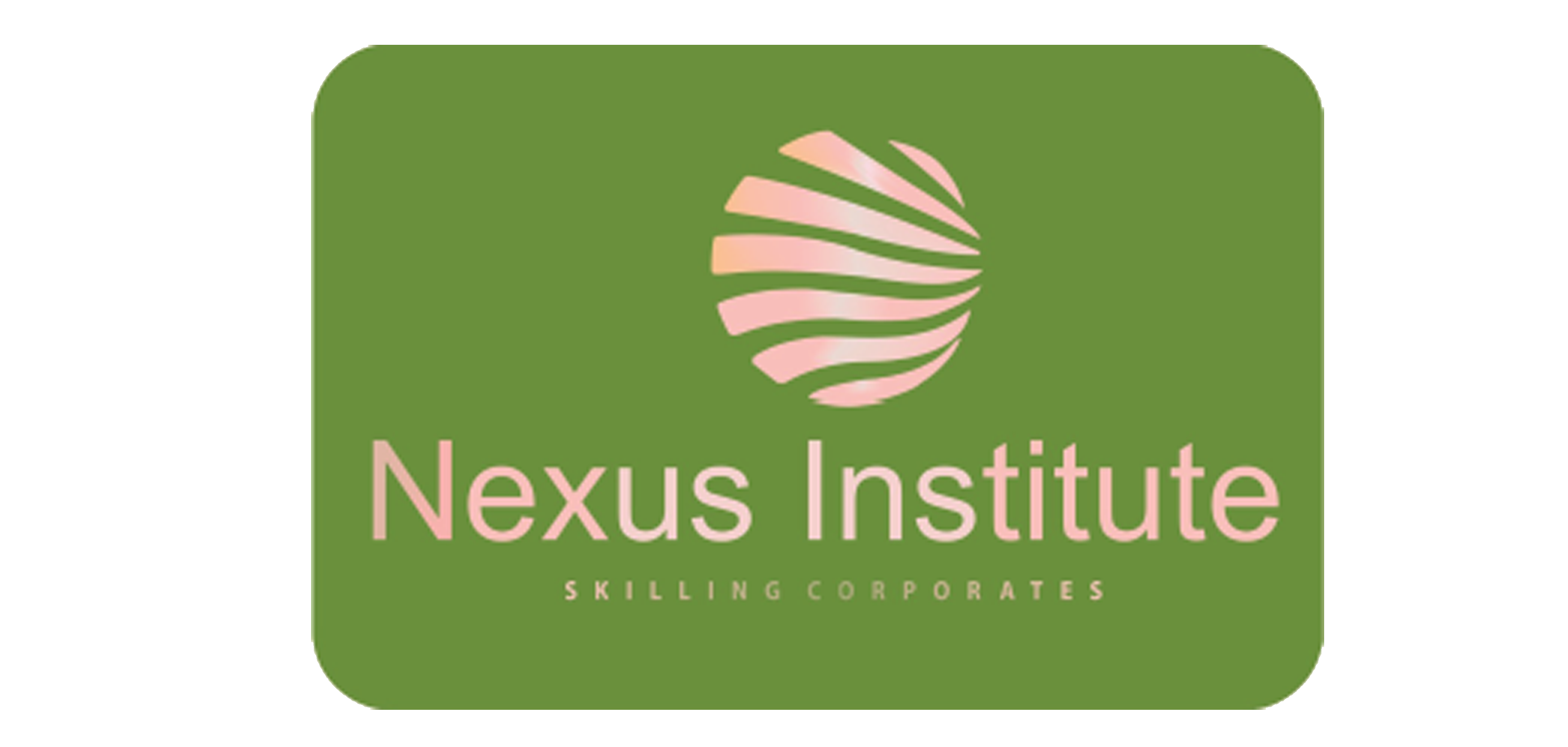Course Overview
Overview:
This course in dairy processing aims to equip participants with the knowledge and skills required to process milk and dairy products efficiently and safely. Participants will learn about various dairy processing techniques, quality control measures, hygiene standards, and industry regulations. Through a combination of theoretical learning and hands-on training, this course will prepare individuals for careers in the dairy industry or for starting their own dairy processing businesses.
Objectives:
- To introduce participants to the principles and practices of dairy processing, including milk handling and processing.
- To provide hands-on training in the production of various dairy products, such as cheese, yogurt, butter, and ice cream.
- To educate participants on food safety and hygiene practices specific to dairy processing operations.
- To familiarize participants with quality control measures and industry standards in dairy processing.
- To equip participants with business management skills for successful dairy processing ventures.
Duration:
The duration of the course can vary depending on the depth of coverage and the availability of resources. A comprehensive course may span from several weeks to several months, with a mix of classroom sessions, practical workshops, and field visits.
Detailed Content:
Module 1: Introduction to Dairy Processing
- Overview of the dairy industry and its significance
- Basic principles of milk composition and properties
- Introduction to dairy processing equipment and machinery
Module 2: Milk Handling and Quality Control
- Principles of milk collection, transportation, and storage
- Milk quality assessment: testing for freshness and hygiene
- Quality control measures for maintaining milk quality during processing
Module 3: Pasteurization and Homogenization
- Principles of pasteurization: batch and continuous methods
- Homogenization techniques for achieving uniform milk fat distribution
- Hands-on practice: pasteurizing and homogenizing milk
Module 4: Cheese Making
- Introduction to cheese types and classification
- Cheese making processes: curdling, cutting, cooking, and pressing
- Hands-on practice: producing various cheese varieties
Module 5: Yogurt and Fermented Dairy Products
- Principles of yogurt fermentation: starter cultures and incubation
- Production of yogurt, sour cream, and cultured butter
- Hands-on practice: preparing yogurt and fermented dairy products
Module 6: Butter and Dairy Fat Processing
- Principles of butter production: cream separation, churning, and washing
- Clarification and packaging of butter and ghee
- Hands-on practice: producing butter and dairy fat products
Module 7: Ice Cream and Frozen Desserts
- Basics of ice cream production: mix preparation, freezing, and flavoring
- Production of sorbet, gelato, and frozen yogurt
- Hands-on practice: making ice cream and frozen desserts
Module 8: Food Safety and Hygiene Practices
- Importance of food safety in dairy processing operations
- Good Manufacturing Practices (GMP) and Hazard Analysis and Critical Control Points (HACCP)
- Hygiene standards for equipment, facilities, and personnel
Module 9: Packaging and Labeling
- Packaging materials and methods for dairy products
- Labeling requirements, including nutritional labeling and ingredient declarations
- Packaging design and shelf-life considerations
Module 10: Industry Regulations and Standards
- Overview of regulatory agencies governing dairy processing
- Compliance with food safety regulations and industry standards
- Certification programs and quality assurance schemes
Module 11: Dairy Business Management
- Business planning and management essentials for dairy processing ventures
- Marketing strategies for promoting and selling dairy products
- Distribution channels and regulatory compliance
Module 12: Practical Workshops and Demonstrations
- Hands-on training in dairy processing techniques under the guidance of experienced instructors
- Demonstrations of advanced processing techniques and equipment by guest experts
- Group projects and activities to reinforce learning and collaboration
Module 13: Field Visits and Case Studies
- Visits to dairy farms, processing plants, and retail outlets
- Case studies of successful dairy processing businesses
- Learning from real-world examples and best practices in the dairy industry
Module 14: Evaluation and Feedback
- Assessment of participants’ understanding and application of dairy processing concepts through practical assessments and quizzes
- Collection of feedback from participants to evaluate the effectiveness of the course
- Recommendations for further learning and skill development in dairy processing
This course in dairy processing provides participants with a comprehensive foundation for pursuing careers or entrepreneurial ventures in the dairy industry. Participants will gain practical skills, industry knowledge, and confidence to succeed in this dynamic and essential sector.
窗体底端



